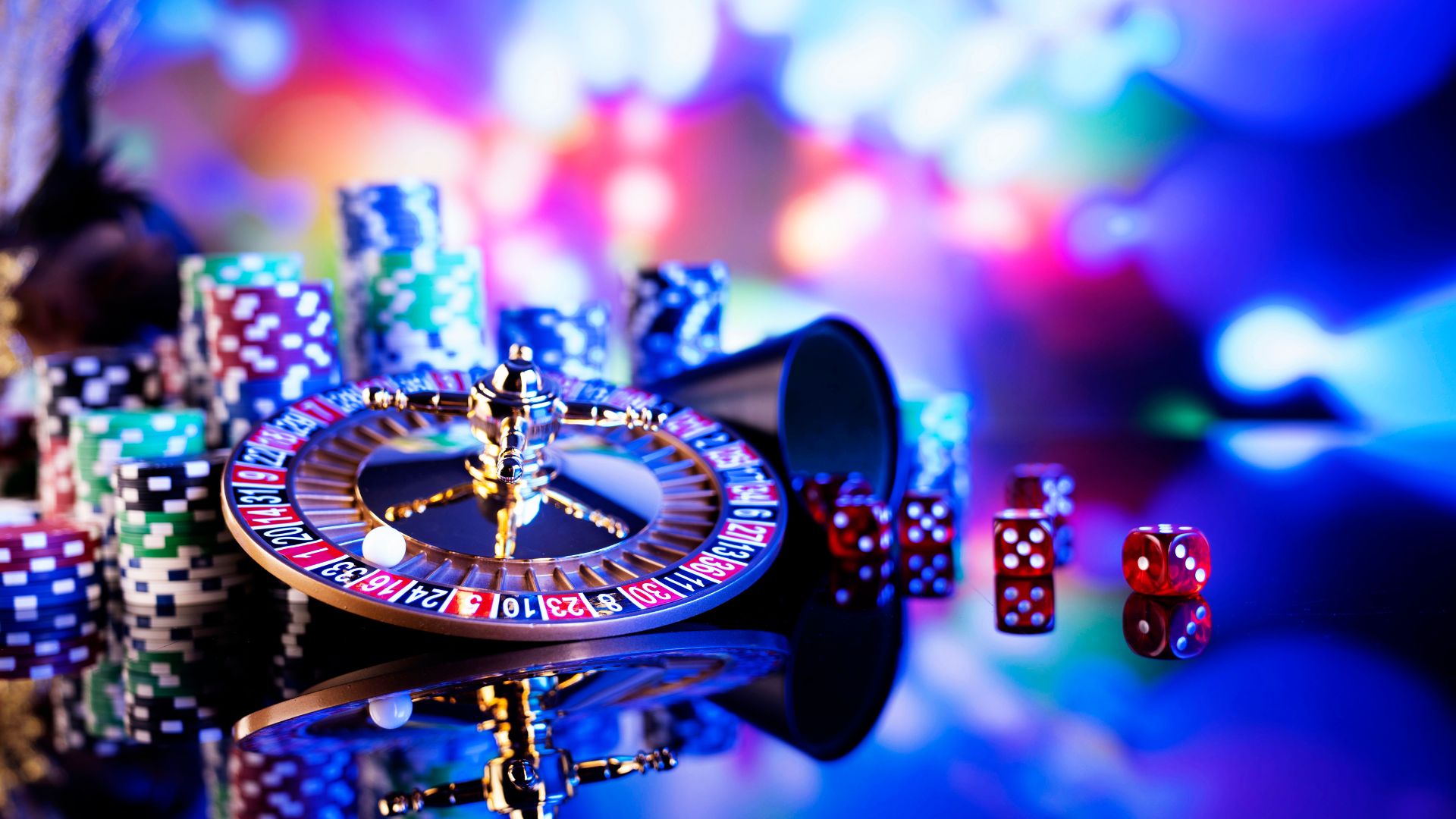
In the world of gambling, in which chance and strategy meet, a unique tapestry of beliefs unfolds—one that weaves together luck, fate, and the enigmatic nature of casino games. Casinos, bustling with excitement and anticipation, are not just spaces for placing bets; they are also arenas where superstitions thrive. From the novice player to the seasoned gambler, these mysterious practices often shape how individuals approach the games they play, believing that their actions can affect the outcome in ways that go beyond mere probability.
When players gather around roulette wheels, blackjack tables, and slot machines, the atmosphere is thick with stories of lucky charms, rituals, and codified behavior that defy logic yet provide a sense of comfort. It could be the case that it’s wearing a specific outfit, following a particular sequence of bets, or even avoiding certain numbers, the attachment to various superstitions reflects a deep-rooted desire to manipulate the uncontrollable. This article delves into the captivating world of casino game superstitions, investigating the beliefs that both entertain and mystify those who dare to play.
Historical Roots of Superstitions
Betting activities have long been connected with an host of superstitions that can be traced to ancient civilizations. 8OK The roots of these beliefs can be associated to humanity’s fundamental wish to manage the random outcomes connected with luck and randomness. In primitive civilizations, games of uncertainty were often linked to spiritual practices. Players would invoke aid or request favor from gods, believing that their actions could change the results in their benefit. This groundwork laid the foundation for the variety of superstitions that spread as gambling evolved over centuries.
During the medieval age, betting became a common pastime across Europe, and with it, a diverse tapestry of superstitions emerged. Participants adopted various rituals and charms, believing they could influence the results of games. The value of numbers, in particular, began to appear in superstitions around card games and dice. The number 7 was often considered favorable, while different numbers carried bad connotations. These notions mirrored the cultural contexts of the time, adapting as they transferred through generations and adapted to new gaming environments.
As gambling houses emerged in the 1600s, particularly in the Italian peninsula and France, the atmosphere surrounding betting became steeped in mystery. The growing accessibility of casino activities allowed for the spread and diversification of superstitions among players. Concepts like fortunate charms, designated seating positions, and rituals gained prominence, creating a distinct culture within gambling establishments. As these practices continued to thrive, they became fundamental to the essence of gambling activities, illustrating how history and culture shape the belief systems that influence how gamblers connect with luck.
Widespread Gambling Superstitions
Superstitions surrounding casino activities are plentiful and diverse, mirroring the dreams and fears of players as they engage in chance-based games. One of the most prevalent beliefs is that specific numbers bring fortune or misfortune. For example, the number seven is often seen as a favorable digit, frequently sought after by players looking for a positive result. Conversely, the digit thirteen is routinely considered cursed, leading many players to steer clear of it during their gambling sessions.
A frequent belief relates to rituals that players believe can affect their odds. Whether blowing on dice before a roll, using a specific hand to place a wager, or even wearing specific items of clothing, many individuals feel that these rituals can tilt fate in their benefit. These practices offer a feeling of control in an otherwise random environment, reinforcing the idea that fortune can be created through individual convictions and customs.
Lastly, the ambiance and atmosphere of the casino itself contributes to superstition. Many players suggest that the presence of certain icons, such as four-leaved clovers or fortunate coins, can enhance their odds of success. Additionally, players might adhere to the notion that winning streaks can be halted by mundane occurrences, such as someone walking past or a accident at the table. The shared environment in a gambling house can amplify these beliefs, creating a communal culture of superstitions that goes beyond single experiences.
Impact of Superstitions on Players
Superstitions play a important role in the psychology of casino players, often affecting their behavior and choices. Many gamblers think that fortune can be influenced through different rituals, such as wearing a lucky charm, choosing particular hues, or steering clear of particular digits. This reliance on superstitions can create a sense of control in an environment that is intrinsically unpredictable. Players frequently feel more self-assured and involved when they think that their actions could sway the result of a game in their favor.
The impact of these superstitions extends beyond singular players, affecting the overall atmosphere within the casino. For example, a player who believes in the luck of a certain slot machine might attract a gathering, as onlookers are intrigued by their apparent luck. This shared belief can amplify excitement and create a lively environment, leading to an engaging experience even for those who may not necessarily be believers themselves. The buzz around certain games can lead to increased participation and longer playing sessions, supporting the casino’s lively social scene.
In some instances, superstitions can lead to detrimental effects for players. Depending too much on rituals can result in poor gambling decisions, as some may ignore basic strategies in favor of baseless beliefs. Additionally, the stress to perform rituals may increase anxiety and tension, diminishing from the enjoyment of the experience. Ultimately, while superstitions can enhance the excitement of playing casino games, they can also lead to unwise choices that overshadow the enjoyment and amusement intended in the casino experience.